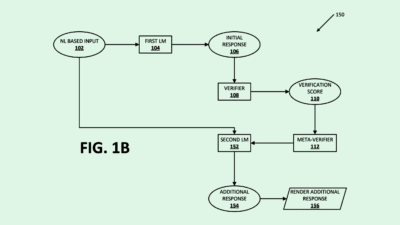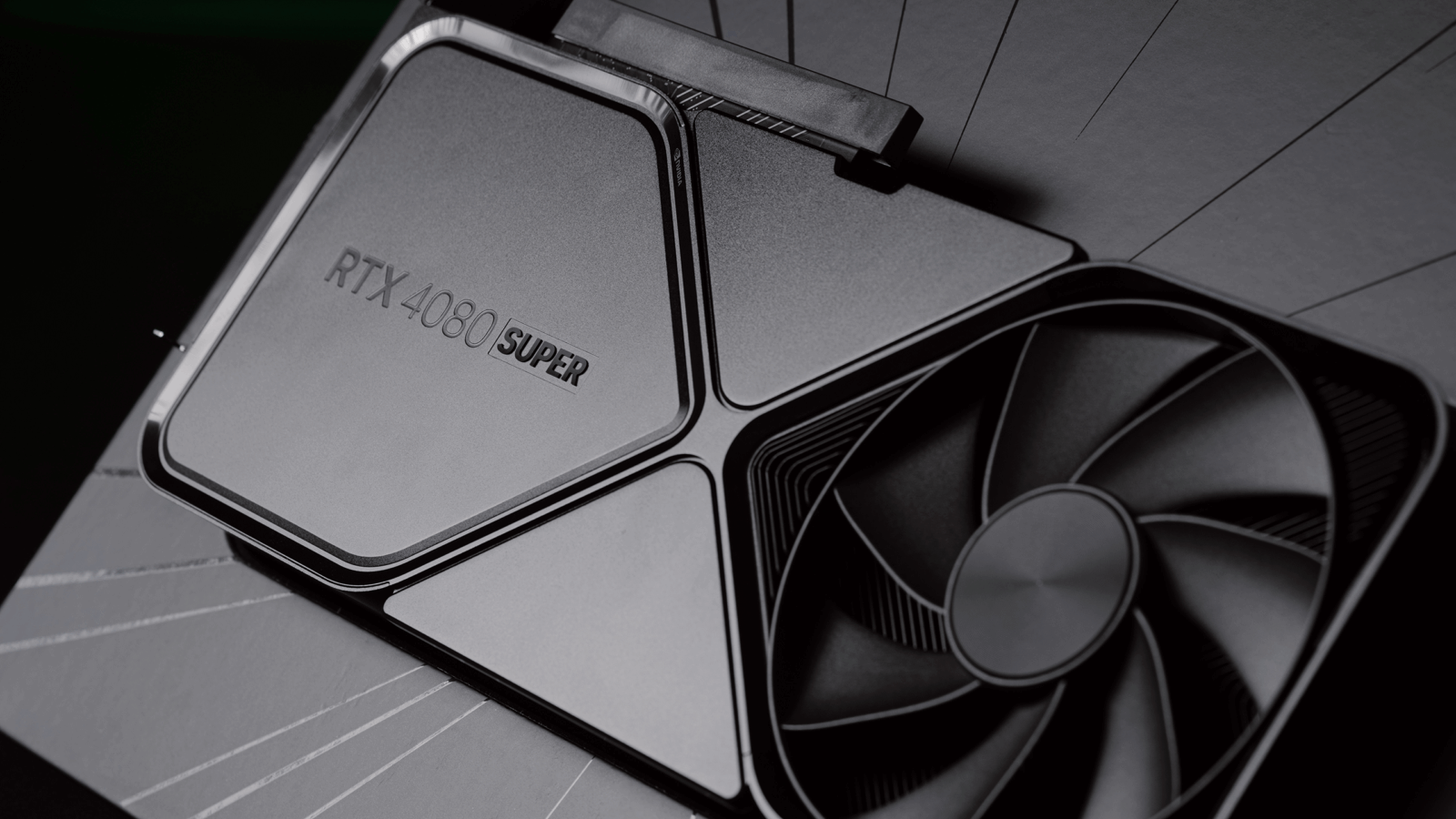Europe is Hot on AI Regulation, Less So on Startup Policy
The EU’s landmark AI Act is due to come into force next month, and founders and lawmakers are fretting over whether it’s fit for its purpose.
Sign up for smart news, insights, and analysis on the biggest financial stories of the day.
Europe’s good with the stick, but what about the carrot?
The EU’s landmark AI Act is due to come into force (albeit in tranches) next month, and according to a Financial Times report published Tuesday, founders and lawmakers alike are fretting over whether it’s fit for its purpose. What’s not being discussed is how the EU plans to keep its AI startup industry competitive with other large economies jostling for AI talent.
Little Guys
The EU has a history of robust tech regulation in general, and every now and then it makes a headline for smacking a Silicon Valley giant with an eye-watering fine — which then takes several years to materialize as said tech giant spends time dragging the penalty through Europe’s legal system. Alexandru Voica, head of corporate affairs and policy at UK-based generative AI unicorn Synthesia, said this is ultimately something that giant tech companies can put under the “cost of doing business” column, whereas startups can’t hope to put up the same legal resources. “It creates a situation which looks like a two-class system,” Voica said.
Voica said this leaves startups with two choices: relocate or fall behind competitors. He added that in the case of the AI Act, if enforcement is going to be a disproportionate burden on smaller startups, then the EU needs a better industrial policy to support them on the other side of the equation:
- “In the Middle East or India, they’ve been buying GPUs and offering startups access to GPUs,” Voica added. “In Japan, for example, they’re allowing startups to have access to datasets to train their models. These kinds of measures you can take on industrial policy can overcome some of the barriers you’re putting [up] with regulation.”
- Responding to Voica’s comments, a European Commission spokesperson told The Daily Upside that in January the EU brought in a package of measures to help AI startups. “We are already investing more than €1 billion a year in AI research projects,” the spokesperson said, “The Commission will further increase the annual spending on AI, in particular to ensure the EU is at the forefront of the latest developments in generative AI. The total for this package is €4 billion,” the spokesperson added.
A big part of the EU’s strategy revolves around supercomputers. The EU has given startups access to its current supercomputers, and has allotted a €2.1 billion chunk of its AI pot towards acquiring or upgrading supercomputers, but according to Voica that’s not super useful for startups. “Although supercomputers are useful for scientific studies and academic AI research, startups require access to cloud services on which they can easily deploy applications and train their commercial models. So if the EU wants to help, it could give startups credits to spend on cloud providers,” he said.
Land of Hope and AI: The EU is not an AI wasteland: In fact, one of the biggest startups outside of OpenAI is France’s Mistral. Sifted reports US companies have shown a willingness to base their European HQs in the UK, the one that got away. The UK is no AI regulation slouch, though — on Tuesday it announced an antitrust probe into Microsoft’s acqui-hire of startup Inflection AI.












